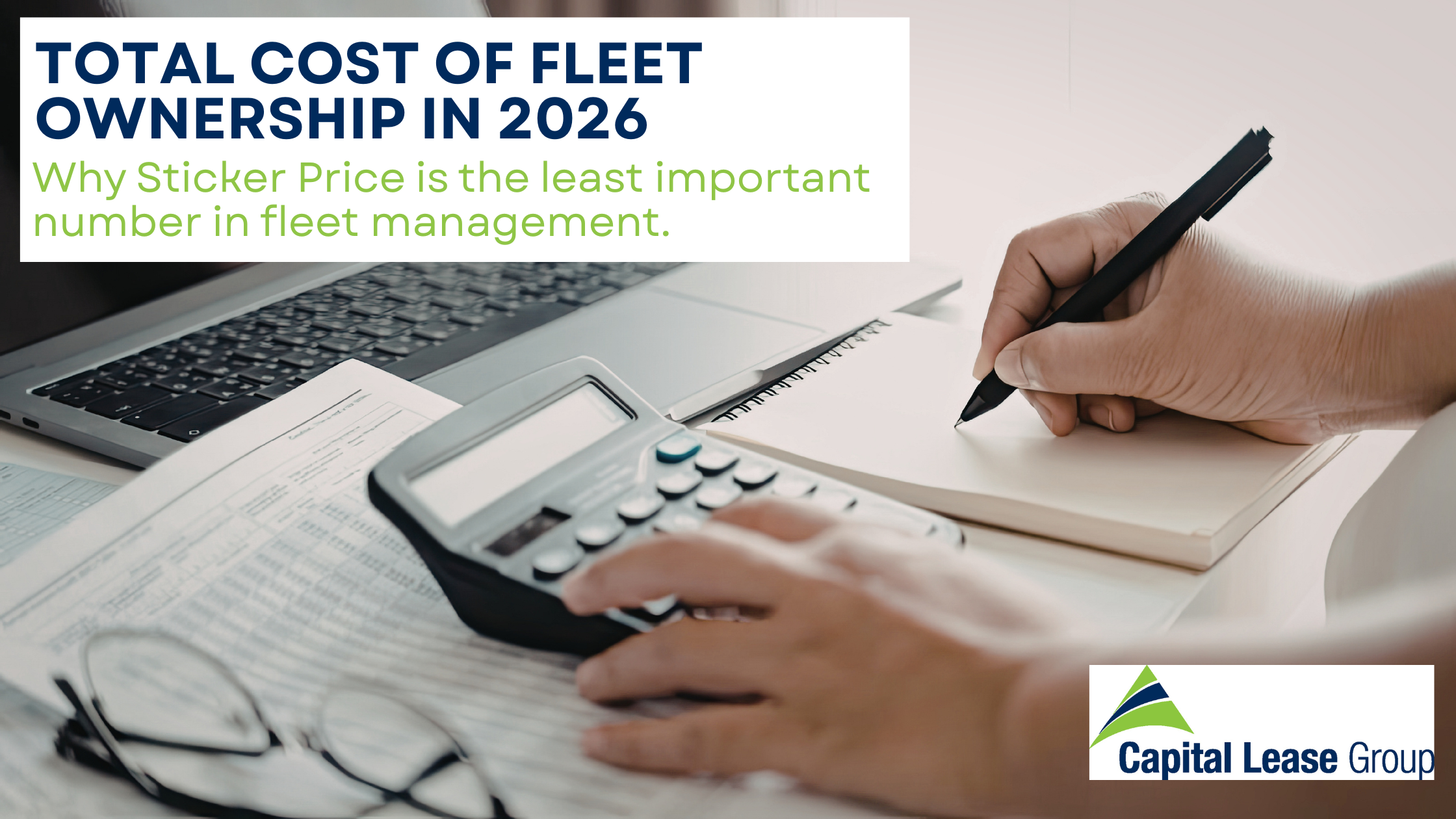Fleet management refers to the comprehensive management of a fleet of any kind of vehicle – from trucks to aircraft, watercraft, construction equipment, and more.
Fleet management is designed to give company leadership and stakeholders a comprehensive overview of the condition, location, cost, and safety of their equipment.
In this article, we’ll look at some of the basics behind fleet management, and discuss the benefits of implementing a fleet management system. Let’s get started.
Common Fleet Management Systems
Fleet management encompasses a wide variety of systems. A few of these include:
- Vehicle financing – Financing and tracking of equipment value is important for any fleet management system. Integrating financing and valuation of equipment is essential for accounting purposes.
- Location and vehicle tracking – Most fleet management systems integrate GPS tracking support, to make sure that vehicles are in the proper location, and on-track.
- Repair and maintenance – One of the most important fleet management tasks is the tracking of vehicle condition and the logging of all repairs and maintenance. This helps companies maintain vehicle health, and log expenses properly.
- Operator monitoring and safety – Many fleet management systems utilize driver/operator monitoring systems to ensure that they abide by speed limits and other regulations, and comply with safety requirements.
- Government compliance – This is especially important for industries where operator hours are restricted, such as trucking. Fleet management systems allow vehicle operations to be monitored closely, ensuring compliance with all required regulations.
- Speed and fuel management – Most fleet management systems integrate a speed tracker, and also provide insights on fuel efficiency which can be used to decrease operating costs.
The Benefits Of Fleet Management
Fleet management has a variety of benefits – whether you’re a fleet leasing company tracking your leased vehicles, or you have a number of vehicles that you own, or are lent to you on a commercial lease.
- Asset lifecycle monitoring – Fleet monitoring helps you gather information about asset condition, value, and more. This lets you replace malfunctioning equipment cost-effectively, and keep a close eye on the asset lifecycle.
- Simplified accounting – Fleet management brings together all of the information about the cost of maintaining, operating, leasing, and financing a fleet of vehicles, simplifying accounting and cash-flow tasks.
- Improved efficiency and lower costs – A proper set of fleet management tools allows companies to improve the efficiency of both drivers and vehicles, leading to lower costs. In addition, time management is improved, which leads to higher profitability.
- Guaranteed compliance with governmental regulations – Proper management of a fleet ensures that drivers and vehicles comply with all relevant regulations for operator safety, helping avoid fines and penalties.
Get Started With Fleet Management Today!
Whether you’re in the industry of fleet leasing, or you’re managing your own equipment on a commercial lease, you can benefit from fleet management.
Even if you just have a few vehicles in use, a modern, digital fleet management platform can have enormous benefits for your business. So get started with the world of fleet management today!



